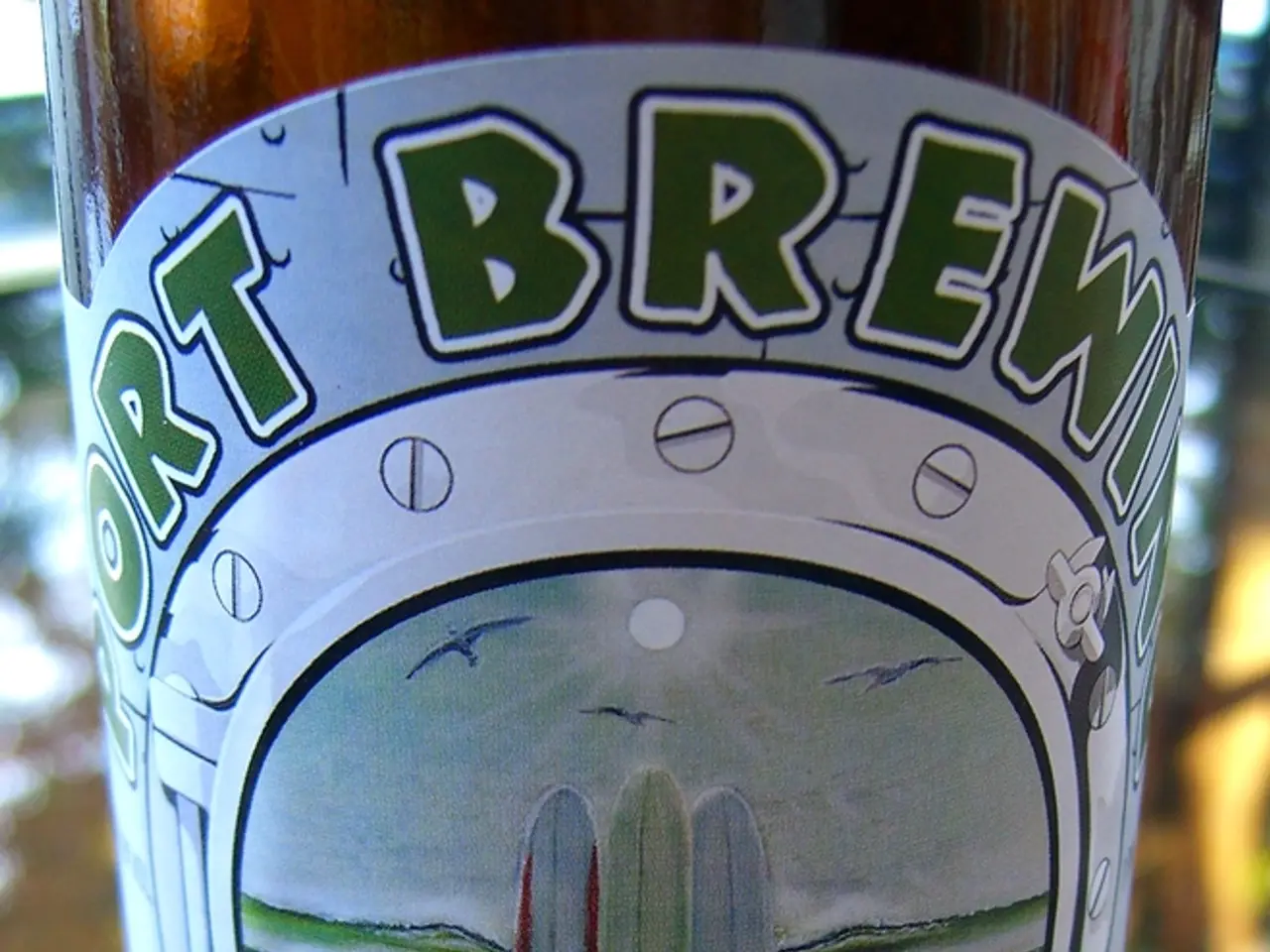Groundbreaking Innovation Threatens the Existence of Palm Oil
A promising alternative to palm oil, a controversial oil often linked to environmental degradation, could be making its way into the market by the end of 2025. This revolutionary oil, derived from a yeast called Metschnikowia pulcherrima, has the potential to significantly reduce greenhouse gas emissions and promote sustainability in the food and cosmetic industries.
The Environmental Impact
Metschnikowia pulcherrima stands out as an environmentally friendly alternative to traditional palm oil production. Compared to palm oil, which is linked to deforestation, loss of biodiversity, greenhouse gas emissions, and air and water pollution, the yeast-based oil emits 95% less CO2[1]. Moreover, it does not compete with rainforests for land, thus reducing deforestation and biodiversity loss associated with palm oil plantations.
On the other hand, traditional palm oil production continues to pose environmental challenges. The palm oil industry, valued at $50.6 billion (£37.3 billion) in 2021 and projected to grow to $65.5 billion (£48.3 billion) by 2027, is a significant contributor to environmental degradation[2].
The Production Process
The yeast Metschnikowia pulcherrima is naturally found on grapes and has been used in the organic wine industry. Scientists have enhanced its oil content through directed evolution techniques, increasing its potential as a sustainable oil source[1]. In contrast, palm oil is primarily produced from oil palm trees, which are cultivated in large plantations, contributing to higher environmental impacts compared to yeast cultivation.
Potential Uses in Food and Cosmetics
The versatility of Metschnikowia pulcherrima oil makes it a potential replacement for palm oil in various applications, including food and cosmetics. Given its lower environmental impact, it could be attractive for companies seeking more sustainable ingredients[1]. Palm oil is widely used in food products and cosmetics due to its versatility and cost-effectiveness, but its environmental footprint raises concerns.
Regulatory Status
While the FDA has previously evaluated GRAS notices for Metschnikowia strains, the specific current regulatory status for this yeast as a food additive may require further updates[5]. Palm oil, on the other hand, has been a staple ingredient in many products for decades and is generally recognized as safe (GRAS) for use in food and cosmetics[3][5].
The Future of Yeast-Based Oil
The yeast-based oil can be produced locally, such as in a suburb of Birmingham, using waste from local factories. It can also be grown almost anywhere, not just in tropical regions, making it a more accessible and eco-friendly alternative to palm oil. The demand for palm oil is growing, but the rise of Metschnikowia pulcherrima oil could offer a more sustainable solution.
Prof Chris Chuck, a chemical engineer at the University of Bath, UK and co-founder of Clean Food Group, is at the forefront of this research. Scientists have developed methods to alter the taste, texture, and nutritional profile of the oil, and it can be refined in the same way as other edible oils. Moreover, the non-oily half of the yeast can be turned into other food ingredients, such as natural emulsifiers and beta-glucan.
By the end of 2025 or the beginning of 2026, this yeast-based oil could appear in cosmetics. Food applications may follow shortly after. The broader adoption of this eco-friendly alternative may depend on further regulatory approvals and cost competitiveness, but its potential to reduce environmental impacts associated with palm oil production is undeniable.
[1] https://www.nature.com/articles/s41586-020-2330-2 [2] https://www.statista.com/statistics/1043594/worldwide-palm-oil-market-size/ [3] https://www.fda.gov/food/ingredientspackaginglabeling/food-additives-petition/gras-notices [5] https://www.fda.gov/food/ingredientspackaginglabeling/food-additives-petition/gras-notices-cfsan-conventionally-used-food-ingredient-listing
- The environmental science community is exploring Metschnikowia pulcherrima, a yeast that could potentially replace palm oil, as an alternative with a significantly lower carbon footprint.
- As compared to palm oil, which is associated with deforestation, biodiversity loss, and greenhouse gas emissions, yeast-based oil could reduce these negative impacts by 95%.
- The future of engineering and technology could see the rise of Metschnikpherrima oil, a sustainable and versatile resource, in various industries such as food and cosmetics.
- Research in environmental-science and innovation is being conducted to refine the taste, texture, and nutritional profile of yeast-based oil, making it a viable alternative to palm oil.
- The evolution of food-and-drink and cosmetic industries could witness a shift towards more eco-friendly and sustainable practices, with the potential adoption of yeast-based oil.
- TheClimate Change crisis makes it imperative to seek environmentally friendly alternatives, and Metschnikowia pulcherrima oil may offer a solution in reducing greenhouse gas emissions linked to traditional palm oil production.
- While the regulatory status of yeast as a food additive may require further updates, the versatility and potential benefits of yeast-based oil make it an attractive option for companies seeking more sustainable ingredients.
- The lifestyle of future generations could be greatly impacted by the climate-change effects, and the adoption of eco-friendly alternatives such as yeast-based oil could contribute to a more sustainable future for our planet.
- In the era of technological advancement and changing consumer demands, the food-and-drink and cosmetic industries must consider the environmental impacts of their practices and seek sustainable alternatives like yeast-based oil to ensure a healthier Earth for the generations to come.




